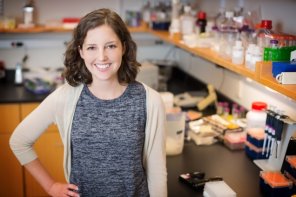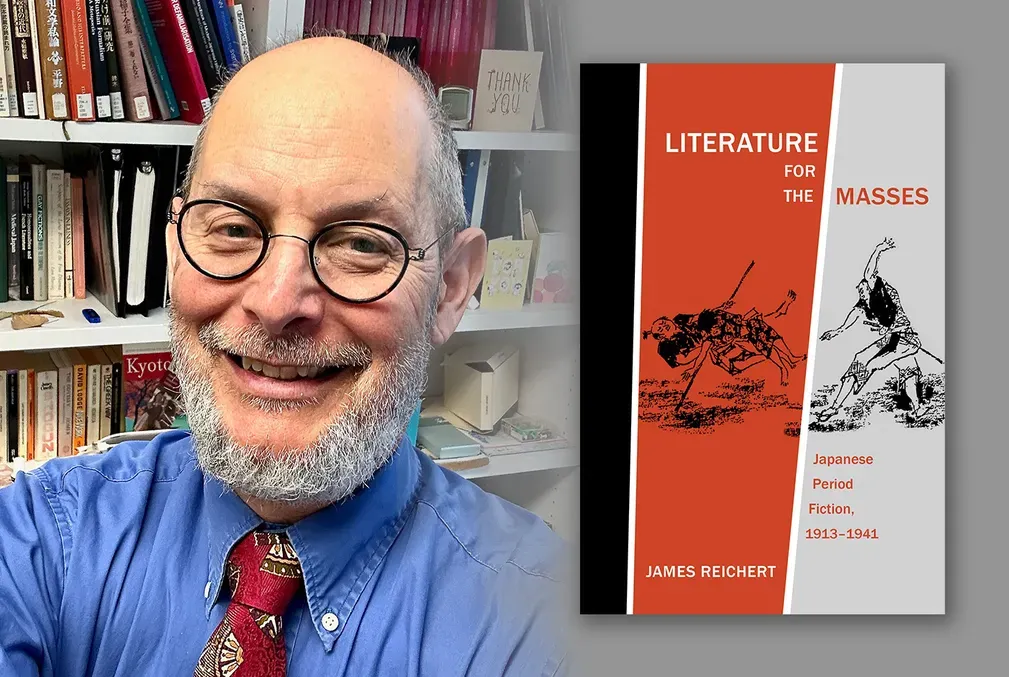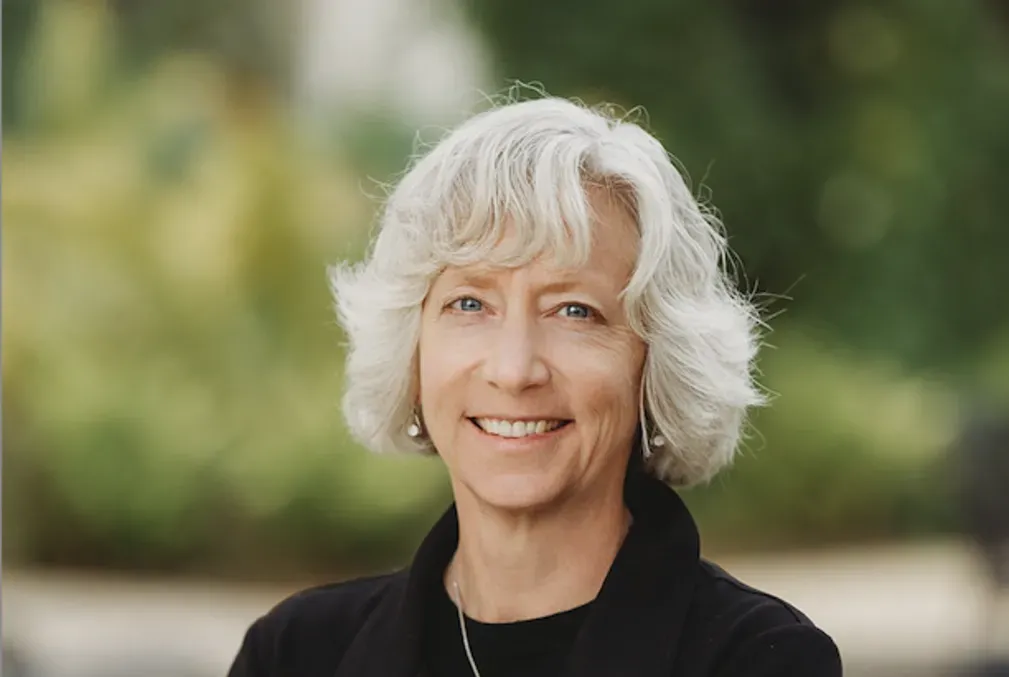Molly Schumer named to inaugural cohort of HHMI Freeman Hrabowski Scholars
Stanford biologist Molly Schumer, who studies genetic and evolutionary processes, is one of 31 scientists named to the first cohort of Freeman Hrabowski Scholars.
Molly Schumer, assistant professor of biology in the Stanford School of Humanities and Sciences, has been named one of 31 Freeman Hrabowski Scholars by the Howard Hughes Medical Institute.
This first cohort of Freeman Hrabowski Scholars includes researchers representing 22 U.S. institutions. These scholars are outstanding early career faculty in science who have potential to become leaders in their research fields and to create diverse and inclusive lab environments in which everyone can thrive, the press release states.
Each scholar will receive up to $8.6 million over 10 years, including full salary, benefits, a research budget, and scientific equipment. Scholars are appointed to a five-year term, renewable for a second five-year term after a successful progress evaluation.
“I'm thrilled for the support of HHMI for our research and to be joining the community of Freeman Hrabowski scholars,” Schumer said.
Schumer and her lab study genetics and evolutionary biology, specifically hybridization, or the exchange of genes between different species. Advances in genome sequencing have led to the realization that many, if not most, plant and animal species have hybridized with their close relatives. Research in Schumer’s lab seeks to understand the molecular and evolutionary consequences of this genetic exchange. The lab uses swordtail fish as a model system to bridge the gap between studies at the genetic level and how evolution occurs in natural populations.
“Each of our Freeman Hrabowski scholars has demonstrated their unique potential to advance cutting-edge science and carve out pathways for the inclusive development of postdocs, students, and other researchers,” said Leslie Vosshall, HHMI vice president and chief scientific officer. “We are thrilled to welcome this inaugural cohort to HHMI, and we are proud to support each scholar’s contributions to the broader scientific community in the years to come.”
The program is named in honor of Freeman A. Hrabowski III, the president emeritus of the University of Maryland, Baltimore County and a major force in increasing the number of scientists, engineers, and physicians from underrepresented backgrounds in science in the U.S. HHMI announced the launch of the Freeman Hrabowski Scholars program in May 2022.
“I am grateful for the creativity and dedication of my lab members, who have really propelled our research program in my first few years at Stanford, and look forward to continuing to learn from them,” Schumer said. “I'm excited about what we will continue to learn about fundamental genetic and evolutionary processes with HHMI's support.”




